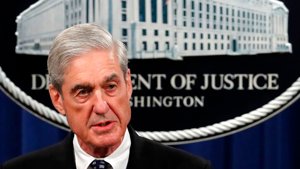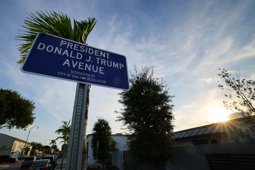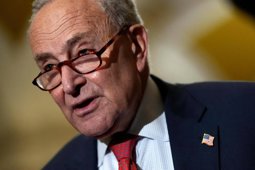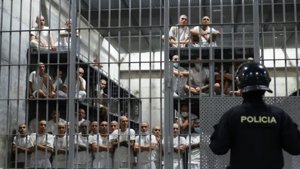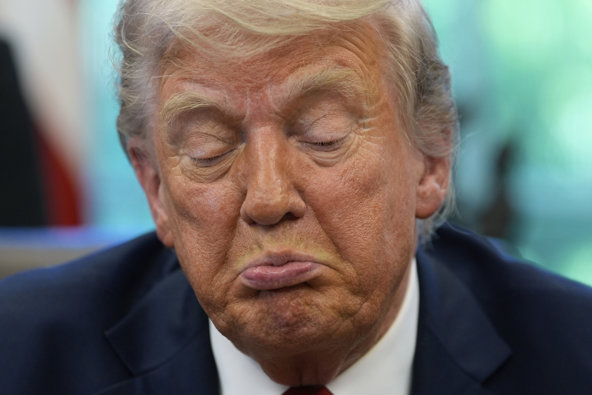
Trump Approval Falls Amid Economic Worries
Trump’s approval dips below 50% despite strong marks on immigration; inflation and tariffs drag overall ratings.
Economic Pressures Weigh Down Trump’s Second-Term Standing
President Donald Trump’s approval ratings have declined four months into his second term, as economic anxiety and inflation concerns undercut his gains on immigration and border security. According to new national surveys, Trump’s overall approval sits below 50%, with key indicators suggesting public frustration over prices and trade policy.
A Marquette Law School poll conducted from May 5 to 15 found Trump’s approval at 46%, with 54% disapproving. A separate Reuters/Ipsos poll conducted May 16–18 recorded a 42% approval to 52% disapproval ratio. Though some polls place Trump above water, most show him underwater.
Despite these figures, Trump receives relatively strong marks on immigration-related issues. In the Marquette poll, 56% approve of his handling of border security, and 50% approve of his immigration policies. These topics were central to Trump’s successful 2024 campaign to retake the White House, and his administration has pursued aggressive executive action to reinforce them.
However, political experts suggest the salience of immigration may be fading. “Immigration and especially border security are beginning to lose steam as one of the top-three issues facing the country,” said Daron Shaw, a member of the Fox News Decision Team and professor at the University of Texas. “When you have success on an issue, it tends to move to the back burner.”
Shaw added that Democrats and independents—who rated immigration highly in 2024—have since shifted their attention back to the economy, a consistent vulnerability for the Trump administration. Republicans still prioritize immigration, but it no longer unites the broader electorate.
Trump’s approval ratings on the economy are notably weaker. His early April announcement of sweeping tariffs sparked financial volatility and ignited concerns of a trade war. Although markets have stabilized following a temporary tariff truce with China, voters remain uneasy.
In the Marquette poll, Trump earned 37% approval on tariffs and just 34% on inflation and cost of living. The Reuters/Ipsos poll showed similar numbers, with 39% approval on the economy and 33% on cost of living.
Doug Heye, a longtime GOP strategist, pointed to the disconnect between Trump’s campaign promises and voters’ economic reality. “The main reason Trump won was to lower prices. Prices haven’t lowered, and polls are reflecting that.”
Shaw echoed that sentiment, noting that the public doesn’t interpret stabilized inflation as an economic win. “Prices haven’t come down, and it’s not clear that people will say the absence of inflation is a victory,” he said. “They still feel that an appreciable portion of their money is going to pay for basic things.”
Trump’s challenge now, analysts say, is to convert stabilization into relief. Without visible reductions in daily costs, public sentiment may continue to drift. While his approval on immigration remains solid, his broader political footing may hinge on delivering real economic gains in the coming months.

